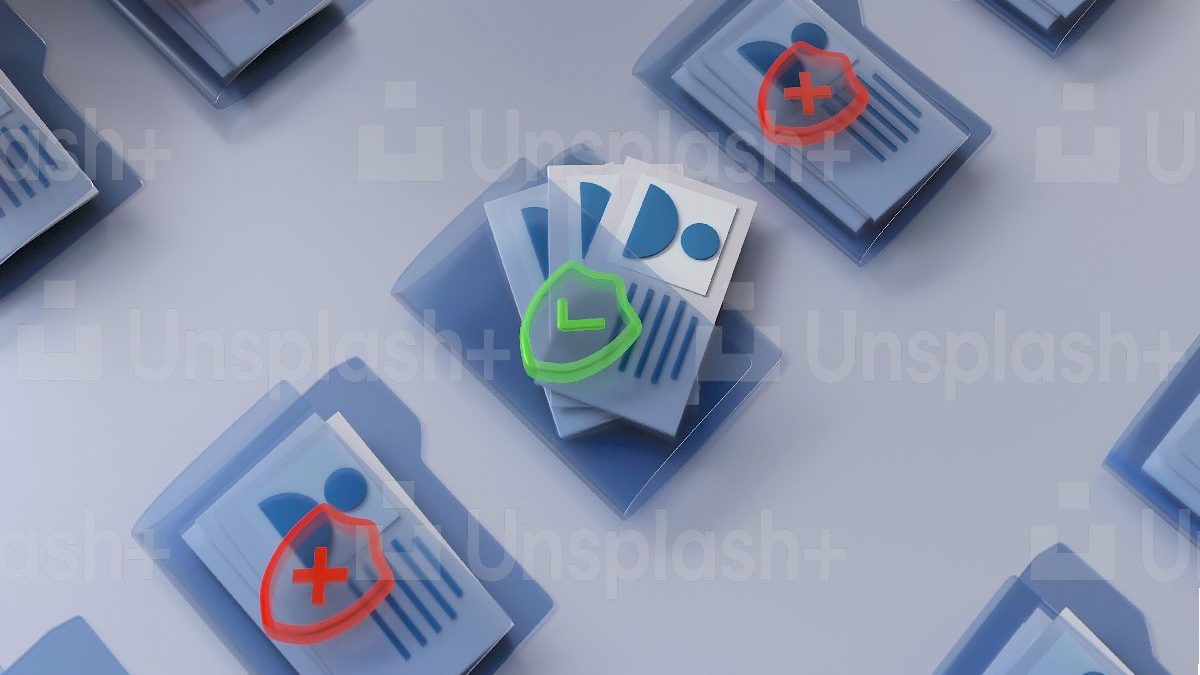Cybercriminals get people’s personal data online by tricking them into sending it in an email, on a dating site, or on social media. Some things identity thieves can do include making withdrawals from your bank account, applying for a loan or credit card in your name, getting medical care via your health insurance, or selling your data to other criminals. They might use your stolen Social Security number to obtain a tax refund and gather even more information.
Personality theft is more common than you may imagine. Its increase frequency provoked the U.S. government to make it federal crime, which carry prison sentence of two to five years.
Your goal should be to minimize your odds of falling victim to identity theft by creating many effective obstacles impeding access to your data online. These obstacles will discourage perpetrators and drive them toward easier targets.
Table of Contents
Do a people search
If you suspect your personal details have been used against your will, there are ways to check. People finders are becoming more effective and popular. They are sites that search for people that you can use to run a self-check. Concerning information might emerge, such as listings of your data on unfamiliar sites, false data, or even a fake profile on social media.
Use passwords on all devices
Research order by Kaspersky Lab revealed that over half of mobile phone users didn’t password-protect their devices. Fewer than a quarter installed anti-theft software on their devices. This is quite alarming – security experts draw an analogy between not having a password on your device and leaving your apartment door wide open. They recommend using strong passwords at all times and changing them now and then.
Don’t always use the same one
Mixing up your passwords for key financial accounts and electronic devices is a good idea. Many people use the same password across devices and accounts. However, what you gain in convenience, you lose in risk exposure. Once someone cracks one password, they will access all your accounts very easily. Use different passwords, and never include your birthday or name in any of them.
Order a credit report
You can get three credit reports a year for free. After you’ve used your free reports, you can buy one via myFICO or directly from one of the three national credit reporting agencies. You can purchase a report from just one agency or a more detailed one with information from all three.
Consider credit monitoring
Credit monitoring is a reliable way to detect online data theft, albeit quite an expensive one. Ordering a credit report will be cheaper. Still, there are some quality and affordable providers. Shop around if you decide in favour of credit monitoring.
Store sensitive data offline
In all honesty, there’s no 100% sure method of keeping data safe online. If it’s on the internet, someone will get it as long as they’re determined to do so. This is why cryptocurrency exchanges keep clients’ funds in cold wallets (offline). Resources held offline are practically invulnerable. You can use an old PC or laptop to store your data. This is a good way to protect bank account information, addresses, or social security numbers from cyber criminals. If you want to sell an old computer, format the hard drive first. Only then can you be 100% sure nobody can access any of your data on it. Deleting all files is no guarantee.
Laptops and smartphones are equally simple to hack. When downloading an app or product, learn to tell legitimate ones from fakes to prevent your personal information from being stolen through your mobile. Once malware self-installs, it will take complete control of your smartphone.


